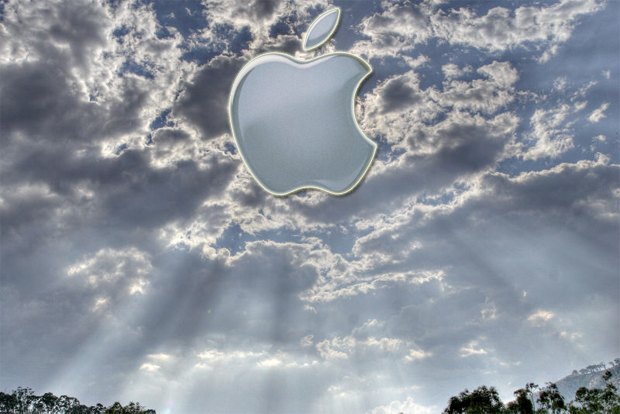So I just finished reading Super Sad True Love Story, where young people, denied their access to a Facebook-plus-iphone-plus-Foursquare like program, start committing suicide, because they have no way to 'rate' each other or themselves anymore, and therefore don't know their own self-worth.
While taken to an extreme for the sake of literature, this article does suggest that, for those who are not religious themselves, the Brand becomes a kind of iconography of self-worth. Indeed, the article by Austin Carr, from Fastcompany (quoted below, and linked, scandalous picture and all) specifically states that the more religious a person, the less brand-conscious that person is likely to be. "In every analysis, they found a negative relationship between brand reliance and religiosity."
So, some questions:
1. why are the less religious more likely to be brand-conscious? Is it about self-worth through self-labeling?
2. Do we as humans crave some kind of labeling (religious or not) to validate our existences?
3. How do religions perform 'brand management'? Should they? What would that mean in the case of Liberal Judaism?
4. Does that notion of branding minimize religion, or is that merely another way of "telling our story"?
Apple Logo Is an Agnostic's Crucifix, Star of David: Study | Fast Company
As it's stated in the book of Jobs: Thou shalt not worship false iPhones.
Or so goes the thinking in a new study from Duke University, which concludes: "The brand name logo on a laptop or a shirt pocket may do the same thing for some people that a pendant of a crucifix or Star of David does for others." In fact, the more religious a person is, the less brand expression appears to matter.
Researchers at Duke ran several experiments to determine this disconnection between brand importance and religiosity. In one, the team analyzed geographic areas for the number of Apple, Macy's, and Gap stores per million people. These statistics were compared with brand-discount stores. "Then they compared these rough measures of brand reliance against the number of congregations per thousand and self-reported attendance in church or synagogue, controlling for income, education and urbanization differences," the report says. "In every analysis, they found a negative relationship between brand reliance and religiosity."
In another experiment, a group of students were asked to write an essay on "what your religion means to you personally." A second set of students wrote essays on an unrelated topic. Both groups then underwent an imaginary shopping trip, where they were asked to choose between a series of products. A similar online experiment was conducted with hundreds of participants, divided between those who reported being religious and those who did not. In both cases, "those that were highly religious [or primed to think about religion] cared less about national brands ... religion reduces brand reliance by apparently satisfying the need to express self-worth."
While this perhaps finally solves the mystery of why Christopher Hitchens and Nietzsche were such label whores, it also provides insight into how certain brands--namely Apple--develop cult-like followings. Similar to Duke's report, brand expert Martin Lindstrom conducted a 3 year, 7 million dollar study comparing brain scans of the religious to those with high brand loyalty. Lindstrom discovered that the scans of people loyal to Apple matched the scans of devoted Christians.
All praise the almighty Steve!
"Brands are a signal of self-worth," said Gavan Fitzsimons, professor of marketing and psychology at Duke. "We're signaling to others that we care about ourselves and that we feel good about ourselves and that we matter in this world. It's more than 'I'm hip or cool'...I'm a worthwhile person, and I matter, and you should respect me and think that I'm a good person, because I've got the D&G on my glasses."
And an Apple on my iPhone.

No comments:
Post a Comment